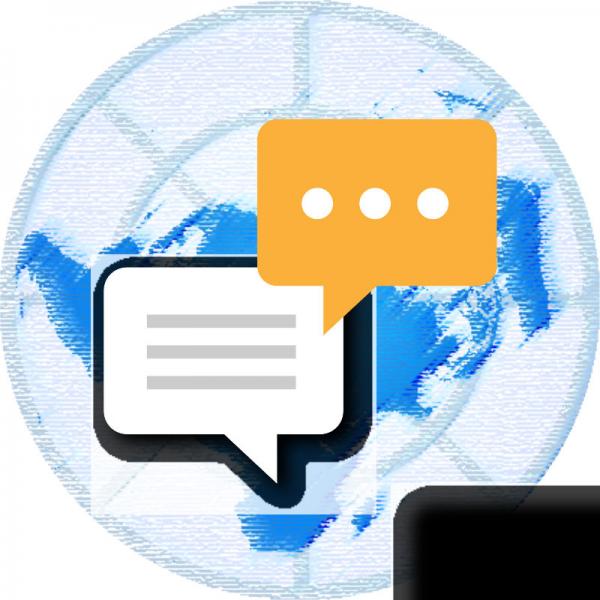
By Annie Keller
Published August 13, 2020
One of the greatest boons of the internet is that it can connect people in unusual but similar circumstances. Social media in particular is a great tool for this. In a recent issue of Innovations in Digital Health, Diagnostics, and Biomarkers, Atlal Abusanad shared a story about a social media support group on WhatsApp ..
Abusanad A. ” Najia ” story: a WhatsApp support group for patients with breast cancer Innov Dig Health Diagn Bio . 2020; Epub ahead of print.
DOI: 10.36401 / IDDB-20-01 .
Abusanad discusses the popularity of social media in Saudi Arabia – 68% of the population uses some form of social media for an average of 3 hours a day. Many women in the country are not willing to talk about their cancer diagnosis. In 2016, to see if social media is a place where those barriers can be broken down, Dr. Abusanad created a WhatsApp group for women with breast cancer in Saudi Arabia. The group, called “Najia” (Arabic for “lady survivor”), began with a group of 10 and currently has more than 160 members.
Several issues that would be difficult to talk about in person, even in more open countries, are regular topics of discussion in the group. Members recount side effects of treatments and how to deal with them and such difficulties as in sexual functioning. The group’s ultimate purpose is multi-factored. By bringing together a group of women sharing a common experience, they can learn they are not alone in whatever they are currently dealing with. If a particular “miracle cure” is recommended to a member by friends or relatives, other members can fact check the claims made. Such mundane things as where to buy wigs, headwear, scarves, and underwear that is comfortable to patients with cancer are also shared.
In any group devoted to those with a potentially fatal illness, there will be deaths. The group appears to cope with these as well as could be expected; while there is sadness among members, it is accepted as a matter of course.
Are internet support groups going to replace in person ones? If they do, it will not happen widely for a while. The need for an anonymous place where those with a condition can commiserate with others and provide solidarity and support is clearly needed and will continue to grow.
Image credit: “File:Wikinews chat favicon.svg” by File:Chat Flat Icon.svg: VideoPlasty File:Wikinews favicon.svg: *File:Wikinews-logo.svg: Vectorization: Simon 01:05, 2 August 2006 (UTC) Updated by Time3000 17 April 2007 to use official Wikinews colours and appear correctly on dark backgrounds. Originally uploaded by Simon. derivative work Diego Grez derivative work: Kaganer is licensed under CC BY-SA 3.0

 Previous Post
Previous Post Next Post
Next Post